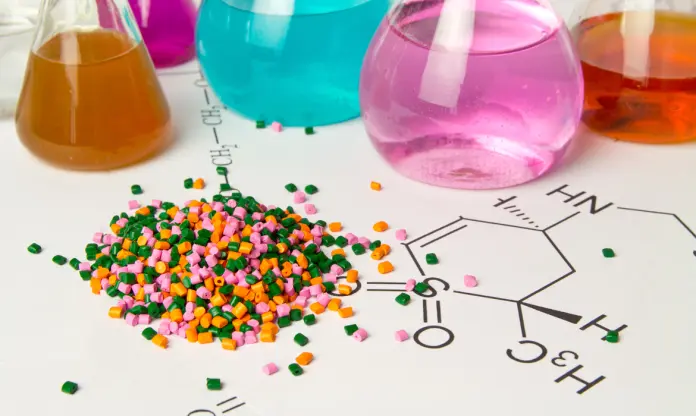On July 14, the European Commission (hereinafter “the Commission”) issued its first sanction decision of 2020 in the settlement procedure of Case COMP/40410-ETHYLENE. This concluded an investigation started in 2016 as a result of a leniency application submitted by ethylene purchaser Westlake, which obtained immunity from the fine. Three competitors —Orbia, Clariant and Celanese—were fined

Don’t miss our content
SubscribeOn July 14, the European Commission (hereinafter “the Commission”) issued its first sanction decision of 2020 in the settlement procedure of Case COMP/40410-ETHYLENE. This concluded an investigation started in 2016 as a result of a leniency application submitted by ethylene purchaser Westlake, which obtained immunity from the fine. Three competitors —Orbia, Clariant and Celanese—were fined €260 million.
The four companies involved submitted to the settlement procedure (we explain this type of resolution procedure in greater detail here), acknowledged their participation in the cartel, and received a 10% reduction of the fine for doing so. Furthermore, due to their respective leniency applications, Orbia was granted an additional reduction of 45%, Clariant 30% and Celanese 20%.
The infringement consisted in coordinating and exchanging information regarding their ethylene purchasing strategies to reduce the price between December 2011 and March 2017. This anticompetitive practice covered Belgium, France, Germany and the Netherlands.
Although not so frequent, this does not represent the first time that competition authorities have investigated such practices. The Commission sanctioned similar practices in the organization of cartels for the purchase of scrap automotive batteries (Case AT.40018, available here) and raw tobacco (Case COMP/C.38.281/B.2, available here).
Germany’s Competition Authority has also sanctioned some car manufacturers for collusion in purchasing steel, thus reducing its price. Moreover, the Netherlands’ Competition Authority is currently investigating a similar case in the agricultural sector.
Despite significant reductions arising from the settlement procedure and leniency, the sum of the fines imposed remain particularly high, totaling €260 million.
Exceptional extension of deadline for fine payments
Another specific feature of this case is the extension of the deadline for fine payments under a decision adopted by the Commission’s Budgetary Affairs Service on July 10, 2020.
Given the current situation arising from the COVID-19 crisis, the Commission has opted to give the offending companies some breathing space, considering their possible short-term liquidity issues, and it has extended the deadline for fine payments by an additional three months. This measure will apply to all decisions adopted in the next twelve months.
Thus, and exceptionally, companies will have six months from the notification of the sanction decision to pay the fine. However, it is important to mention that this extraordinary measure will not apply to offenders that have benefited from the crisis.
This represents a positive measure for companies that has materialized for the first time in this decision, particularly at a time when companies from many sectors are requesting public aid.
Along these same lines, in April 2020, the Italian Competition Authority extended the deadline for fine payments by an additional four months for four telecommunications companies that had committed a cartel offense to prevent the companies from suffering excessively from the consequences of the current crisis.
In view of the above, and when deadlines for fine payments are being set, it is possible and even recommendable that other relevant competition authorities—including Spain’s National Commission for Markets and Competition —take into account the exceptional circumstances that many companies are facing, circumstances which could necessarily jeopardize their viability, even more so now.
By María López, Iratxe Aguirre and Diego García
Don’t miss our content
Subscribe